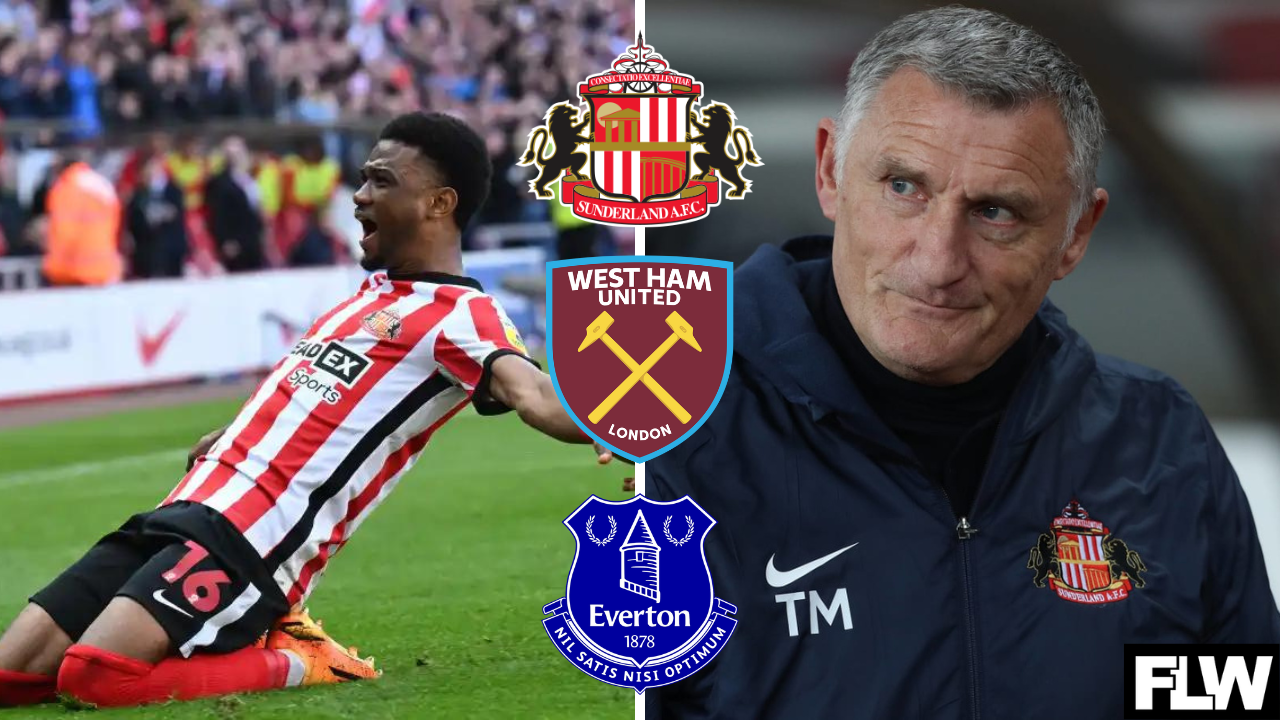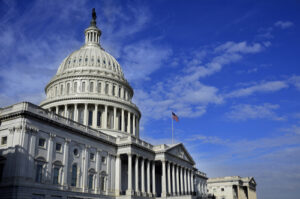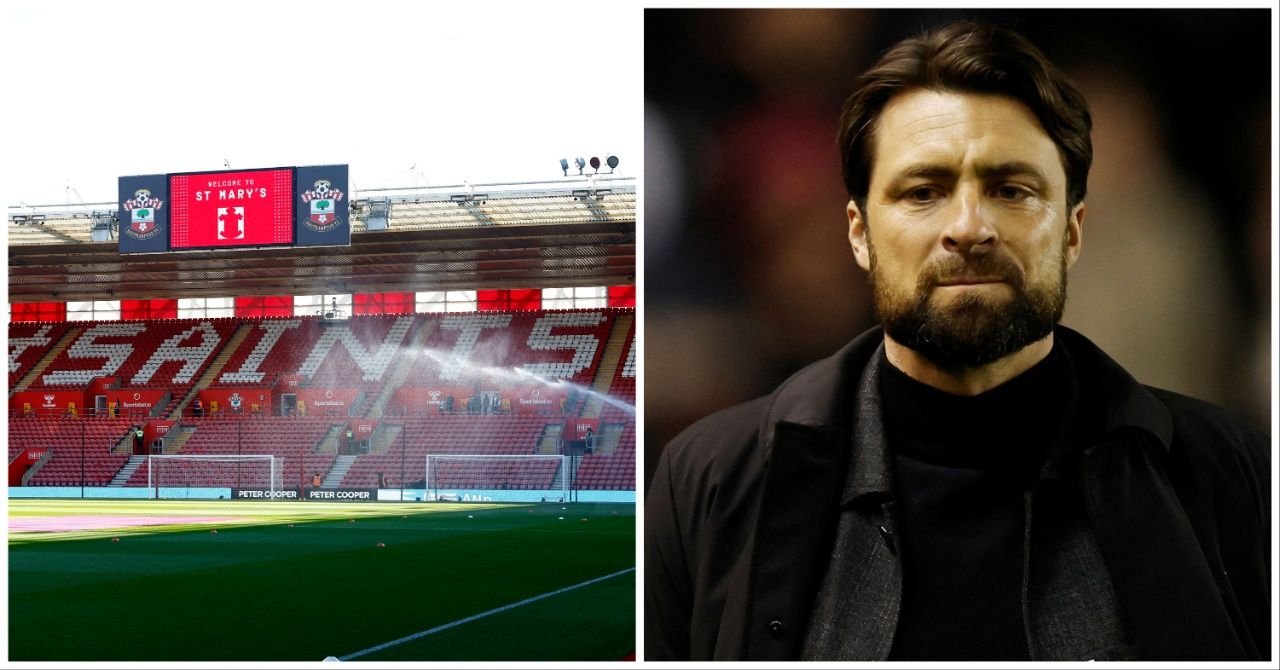How the 1919 voting scandal gave birth to North London’s rivalry


Today’s article was originally published on Tale of Two Halves back in December 2018.
North London Rivals
There are rivalries that grow organically. There are rivalries that are created. However, once they have a life of their own there is no stopping them and a hundred years later we forget why we are rivals in the first place. For me, the Tottenham and Arsenal rivalry is an obvious one as the grounds are close to each other. The name Henry Norris meant very little to me but to these fans, he is the cause of the north London clash. He engineered a very British voting scandal.
To Arsenal fans, he is the saviour. And to Tottenham fans, he is the devil incarnate. For the outsider, he is fascinating. We think that the football moguls of today are too powerful, but if we analyse the position of the Chairman in Edwardian England we see that it was very much connected to social standing and business success. Henry Norris was born in 1865, his private education paid off as he had a varied and fruitful career in real estate, the military, and local government. He knew how to build contacts and as a result, he had influence in many spheres.
His influence is palpable. He was Mayor of Fulham and during that time he was the first director of Fulham FC, overseeing their election to the Football League. His refusal to pay the £1500 annual rental fee to Gus Mears to move to Stamford Bridge encouraged Mears to create Chelsea. Even his rejections create positives. He was looking to create a super club and he became a majority stakeholder in Woolwich Arsenal with the view of merging it with Fulham, where he was still Chairman. The FA actually succeeded in blocking him this time.
Going North Of The River
When he arrived at their South London home ground in 1910, Woolwich Arsenal were in financial dire straits and with falling attendance. Norris could say that a new home in North London would be preferable. Relegation to Division Two in 1913 helped his case for a move. He was able to rent a site in Highbury on the recreation grounds of St Johns College of Divinity because of his close connection to the Archbishop of Canterbury, Randall Davidson. The following year, Woolwich was dropped and Arsenal were now bidding for fans, much to the disgust of Tottenham Hotspur.
War – But Not A Turf One
Whatever plans were going to be hatched it was all put on hold with the outbreak of World War One. The league was suspended in 1915 with some interesting statistics. When it resumed in 1919, that’s when a war of its own could have broken out.
The decision to expand the First Division from 20 to 22 places was initially seen as a good idea. Sadly, many of the pre-war hopefuls had lost their lives or were injured on the battlefield, so this was a good morale booster for relegation-threatened Chelsea and Tottenham. It also gave hope to the third and fourth-placed Barnsley and Wolves, who relished a chance to get back in the top flight.
What happened is as baffling as it is bizarre. When Chelsea received their reprieve it was mooted that second-from-bottom Tottenham would play third-place Barnsley for that coveted final spot in the First Division. This seemed reasonable and quite exciting. A match like that would be exciting.
The Votes Are In
How on earth did fifth-placed Arsenal get promoted and Tottenham get relegated in their stead? It seems that Norris and his good friend “Honest” John McKenna, Chairman of the FA, had exerted their influence. They canvassed every member of the FA except for the directors of Tottenham ahead of the meeting to decide who will fill that place in the First Division. A truly British voting scandal.
There is no evidence of bribery or corruption. Norris’s speech was inventive, to say the least. If his club were promoted he promised high gate returns. This was a compelling argument as gate receipts were split between the clubs then. He further argued that the closeness to the West End would provide travelling directors a wonderful weekend away to sample the delights of the Capital. However, the most preposterous argument was that this promotion was a reward for Arsenal’s lengthy service to the league. Well, the fact that Wolves had been in the league since its inception was overlooked.
Staggeringly, Arsenal were promoted with 18 votes to eight. A shocking result. This killed any relationship between the two clubs. Even the Tottenham parrot, which had been gifted to the club after a tour of South America, keeled over and died when it heard the news. This gives rise to the phrase, “as sick as a parrot”. It is rather sickening that this happened. But hey, it’s a funny old game.
Fight Back Spurs
As an aside Spurs won promotion back to the First Division straight away and they went on to win the FA cup in 1921. This is the perfect response to a blow delivered by your local rivals. This pluck and determination continued until they were relegated in 1928. Their embittered fans had to watch the local rivals reach the dizzy heights of success from the Second Division until the 1960s.
What became of Arsenal? Well, Norris appointed Leslie Knighton as manager. I am not sure Knighton had any influence on the club as most of the decisions belonged to Norris. There is no logic to some of the orders Knighton had to follow. Can you imagine not signing a player who is less than 5″8 tall? He would have rejected Messi under that logic. Arsenal were not successful under Knighton as he could not win an argument.
Knighton said:
“He used to flay me with words until I was reduced to fuming, helpless silence.”
My Kingdom, My Way
On the one hand, the idea of not overspending on players is a good thing but there has to be a way of building a squad. With Knighton’s sacking, the advert read: “Those who pay exorbitant fees in players’ transfers need not apply.” He appointed the manager of three-time champions Huddersfield Town, Herbert Chapman. At least this 5″6 talented Yorkshireman wasn’t a player-manager, or he would not have his statue outside Arsenal’s ground today.
He did spend five years building a domineering team. This paid off and Arsenal won the FA Cup in 1930 and the League titles in 1931 and 1933. Tragically, Chapman caught pneumonia during the 1934 season and died. His legacy continued as they won the League a further three times and the FA Cup in 1936. Chapman died a hero.
Decline and Fall
Norris also died the same year but he died in disgrace. Like all despots and dictators, the financial irregularities were to be uncovered. When Chapman said Norris had to spend money it had to be done to build a squad. Sunderland’s star striker Charlie Buchanan was valued at £5000. Instead of paying this fee, Norris gave Sunderland £2000 in cash and £100 for every goal he scored – he scored 21. There had been a month-long hiatus in brokering this deal and this aroused the suspicions of a journalist at the Daily Mail.
What this journalist uncovered was written under the headline “Soccer Sensation”. It transpired that Norris had overseen the sale of the club’s bus and the £125 found its way into his wife’s bank account. This money was used to pay for the family chauffeur. Norris unsuccessfully argued that it was a drop in the ocean compared to the £125,000 of his own money he had pumped into the club. Not really much of a sensation but the financial management of clubs was taken seriously by the FA.
In an era where sweeteners were subtle, it seemed unthinkable that money would be used to entice players to a club. Norris should have offered Buchanan a package of deals rather than cash in the proverbial envelope. Norris sued the newspaper but lost the libel case in 1929. As a result, he was banned from football. After all these years running the game, it must have left him a broken man. The beautiful game has many colourful characters, and Herbert Norris was certainly one.













